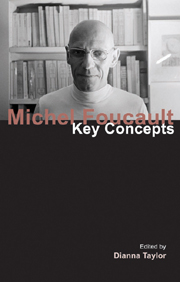8 - The practice of freedom
from PART II - FREEDOM
Summary
Freedom has a history
Freedom is one of the most intractable philosophical problems in the Western philosophical tradition. Indeed, there is a way in which the history of Western philosophy can be written in terms of the different attempts that have been made to define freedom. The history of ethics, without question, has been determined by how freedom has been defined. In the West, since the ancient Greeks, what we take to be human, or rather, the humanity of humans, has been defined in terms of freedom. Humans are free animals, the argument goes, whereas other animals are unfree because they are determined by instinct. Yet what is this freedom that marks the boundary between human and non-human animals? How does it relate to reason? How does it relate to our passions and emotions? How does it relate to our imagination? Are we free if we submit to a putatively rational norm? Is this not a form of subjugation that constrains freedom? Are we free if we choose our will contrary to what is alleged to be a commandment of God? Are we free if we have been condemned to damnation by an original sin that had nothing to do with us? Are we free if we abandon ourselves to our pleasure and seek to live on the razor's edge of pleasurable danger? And, perhaps most importantly, has freedom been construed or defined in the same way across different historical periods?
- Type
- Chapter
- Information
- Michel FoucaultKey Concepts, pp. 111 - 124Publisher: Acumen PublishingPrint publication year: 2010
- 4
- Cited by

